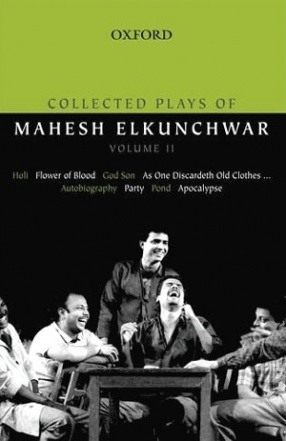
Showing all 8 books
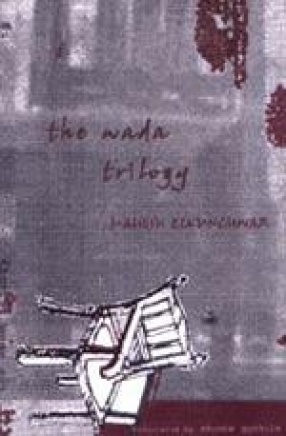
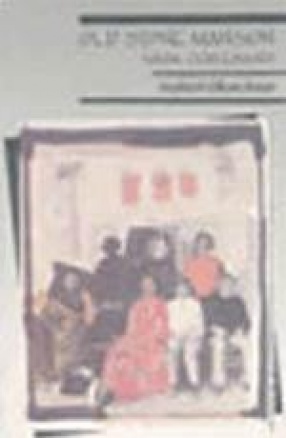
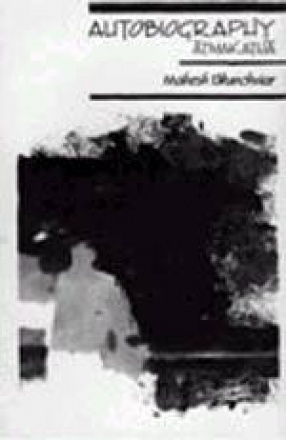
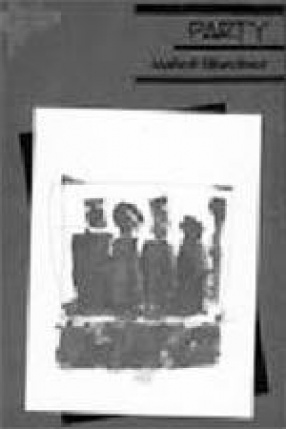

Collected Plays of Mahesh Elkunchwar, Volume II brings together eight critically acclaimed plays--Holi, Flower of Blood, God Son, As One Discardeth Old Clothes , Autobiography, Party, Pond, and Apocalypse--by the noted Marathi playwright.'Holi', the first play in the collection, is about a group of restless, directionless, and disillusioned youngsters on the campus, who finally vent their frustrations on a gullible victim, ending in a gruesome tragedy. ...

With this trilogy, Mahesh Elkunchwar achieves a feat unique to playwriting in this country: developing a cycle which moves between many registers to unfold the evolving history of a family in present-day India mirroring the social and cultural shifts and changes that mark the twentieth century. From Old Stone Mansion to The Pool to Apocalypse, we follow the fortunes and struggles of the Deshpandes of Dharangaon, once highly respected and well-off landed gentry, ...

In Old Stone Mansion, a play widely staged in the original Marathi and in several other Indian languages, Mahesh Elkunchwar takes a close look at one of those old families still struggling against time in some small town or village, trying desperately to hold on to the tenuous bonds that once kept such a family together, even as the big city in the distance lured it and the inevitable individual yearnings pulled the members of the family apart—a phenomenon so ...

A successful septugenarian writer sets out to dictate his autobiography to a quizzical young scholar; but it remains unwritten, as he comes up against a whole area of incomprehension peopled by the women in his life, a rival writer and an illegitimate. Different versions of the truth clash as he comes to confront an ego that he had never really known.
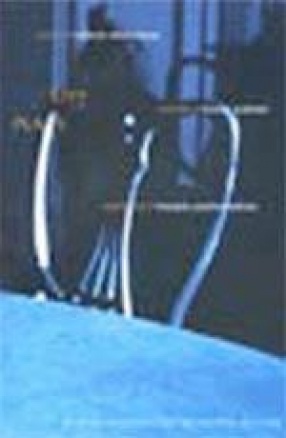
Three plays in the naturalistic mode, set within the four walls of a city apartment, throwing people into close contact, relationships unravelling under pressure, the moment of crisis in each case precipitated by an absent presence who is never seen on stage. Intense human dramas, each one, reflecting the claustrophobic lives of their urban characters. In Mahesh Elkunchwar’s Party, translated by Ashish Rajadhyaksha, members of the ‘creative’ set are ...

In Party, Mahesh Elkunchwar takes a Chekhovian look at the members of the ‘creative’ set in an Indian metropolis, with their pretensions, rivalries, aspirations, and frustrations, even as they are stalked like a guilty conscience by Amrit, the one among them who chose to drop out of the set and went over to live and fight with marginalized tribals who were being denuded progressively of their human rights by the land-grabbers. The play happens to be a party ...
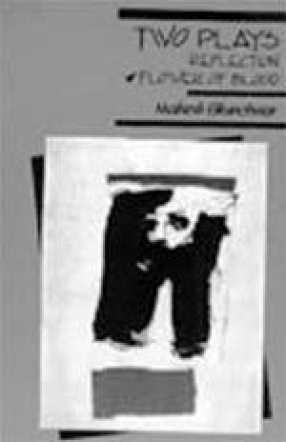
In Flower of Blood and Reflection, Mahesh Elkunchwar presents two young men—or maybe they are one and the same—both loners from a small town, lost in the metropolis, where one is used as live booty over which a mother and daughter fight a desperate battle; and the other loses his reflection with fatal consequences. Verging on the absurd, they bear traces of their origin in the life of the middle class in India today.
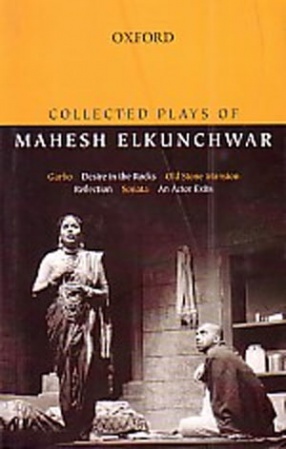
Mahesh Elkunchwar has written and produced some of the most influential and progressive plays of post-independence India, and is part of the trilogy, with Vijay Tendulkar and Satish Alekar, who have shaped modern Marathi theatre. Elkunchwar's plays, with their wide-ranging themes--the passage of time and mortality, identity and sexuality, religious tension and gender issues, human bonding and alienation--focus on human relationships and personal and moral ...
